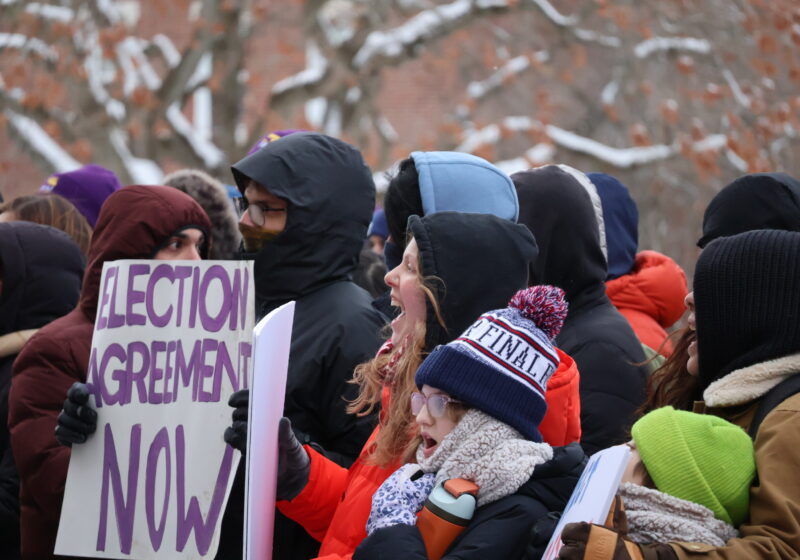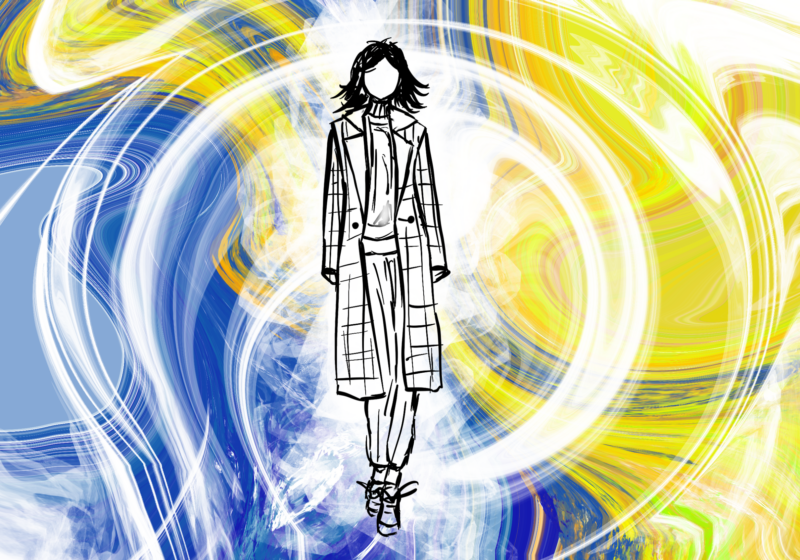The controversy of Manti Te’o’s online girlfriend hoax has set in motion the reveal of numerous other Internet dupings, sources confirmed earlier this week.
One UR student was subject to a similar internet hoax. When sophomore Kyle Noube received a chat greeting from a single blonde in a pop-up browser, he couldn’t believe his luck.
“My girlfriend had just dumped me the day before, so I was feeling pretty lonely,” Noube said.
After sending the young blonde a well-crafted response, managing an interested but cool tone of courtship, the conversation was cut short by the shutting down of his computer.
“The hot girl was actually a virus,” Noube said. “[It was] kind of embarrassing. Thank God for the IT Center, though.”
Noube isn’t the only victim of Internet deceit on the River Campus. Junior Molly Smith explained her devastation when she discovered that the beautiful, artistic photos she saw on Facebook, photos which varied in saturation and focus, were not true images of real life, but images altered for aesthetic value.
“When I found out that my friends’ online photos were filtered, it felt like the whole world came crashing down,” said Smith, a non-smartphone user ignorant of Instagram, an app used to give smartphone photos a vintage, cinematic quality. “How could all those gorgeous pictures of sunsets and cats be fake? All that beauty… it was all a lie.”
Sophomore Gil Hubble, who had been tweeting at Jesus his thoughts of prayer and faith, recalled his initial reaction of denial when he discovered the popular twitter figure wasn’t the Biblical prophet, but some stranger with Internet access.
“His Twitter picture looks just like him,” Hubble said. “And his tweets spoke such gospel truth. How was I supposed to know any different?”
The Internet’s recent lying streak doesn’t end there. Senior Shelly Goldman complained that she didn’t know her friend was unhappy because the Internet portrayed her as just the opposite.
“In all her tagged photos, she was laughing, posing with lots of really attractive people. She looked like she was having a great time,” Goldman said. “I didn’t think she was lonely at all.”
Goldman claimed that when her friend approached her about her loneliness, Goldman couldn’t hide her shock. “It’s the kind of stuff only the Internet would pull.”
Whether the Internet will be held accountable for such blatant deception is up for debate. Students at the University are encouraged to Google with care and follow “pics or it didn’t happen” protocol.
Quinn is a member of the class of 2013.


